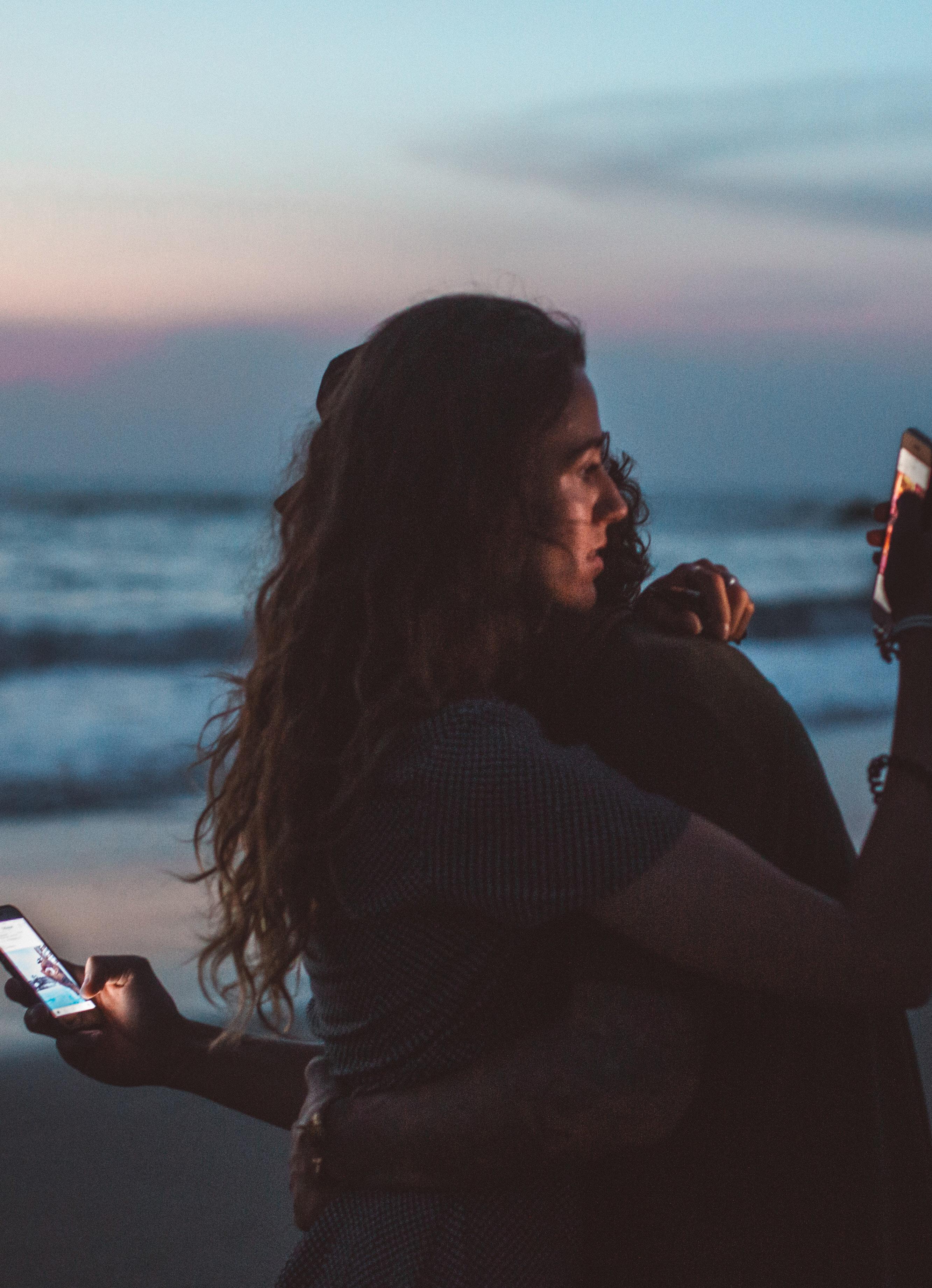
3 minute read
Social media makes us less social
The longest running study of all time gives us the answer to an essential life question. What makes a good life?
The Grant Study from the Harvard Medical School has been researching the lives of young men for 78 years now, trying to find clues to leading healthy and happy lives. The main conclusion is that: “warmth of relationships throughout life has the greatest positive impact on life satisfaction.
Advertisement
To put it short: Friendships bring you happiness. Loving relationships are the most precious joy in the world.
However, there is one great influence that is changing the nature of our friendships. Social media slowly sneaked into our daily lives and is taking over every aspect of it. It’s time to discuss in which ways it influences the most precious joy of our life.
Robert Waldinger
Director of “The Grant Study”
We are in the middle of a pandemic and people are using the internet as a way to connect with their loved ones. They are hosting online game nights, having breakfast together and catching up on their friend’s well-being. But not only during a pandemic does it offer possibilities to expand our social life.
The invention of the internet allows us to have friends all over the world. That leads to a greater outlook on life since we are more aware and in touch with other living standards. The described situation applies to a German volunteer who moved to Greece for a year. Sophie, 19 years old tells the following: “Right now I am participating in an exchange year and I won’t get to see many of my loved ones for an entire year. Group chats and video calls succeed to overcome the distant feeling.”
While social media is a great way to feel connected, it makes people feel lonely at the same time. One reason for that is a phenomenon called “FOMO”. FOMO is short for “Fear of missing out”. It can be described as the anxiety that an exciting or interesting event may currently be happening elsewhere. The fear to miss out on events and life has always been present, but in recent years the media worsened that. When a friend posts pictures of parties or day trips that you weren’t invited to, this can cause a lot of hurt and pain. Now that parties are “announced to the world”, it causes people to feel left out when they shouldn’t.
Ironically, “social” media makes us less “social”. Simon Sinek, a british author and inspirational speaker depicts that problem in the interview “The Millenial Question”. ”If you wake up and you check your phone before you say “Good morning” to your girlfriend, boyfriend or spouse you have an addiction. You have a generation growing up with lower self-esteem that doesn’t have the coping mechanisms to deal with stress.”
Using apps like WhatsApp, Instagram and TikTok has become a substitute for a lot of our offline interaction. Even while meeting up, phones are checked every other minute. Whenever we’re in a social situation and we feel awkward, bored or lonely, we turn to our phones. That way we deform soft skills for communication, listening and empathy .
So how do we deal with this problem? Well, first of all, we need to be aware of the dangers. We need to sit down and ask ourselves: What brings me joy when I use my phone?
Sophie realised the following for herself. “I don’t have much joy when I regard Instagram for a long time. Instead of watching somebody’s life, I like to hear the stories from the person itself. I don’t need to see their perfectly edited lives.”
As mentioned in the beginning, the Harvard study points out the importance of healthy relationships. “People who were the most satisfied in their relationships at age 50 were the healthiest at age 80”, states the director of that study. With that in mind, we should all take care of our relationships. Social media can never be a replacement for realworld human connection. After all, everybody needs to find their own healthy strategy. Sitting down and reflecting about it is the first reasonable step. What about you? Is social media improving your friendships or slowly taking away your life’s quality?
Clarissa Leute
Sources:
https://www.psychologytoday.com/us/blog/ ritual-and-the-brain/201804/the-sciencefomo-and-what-we-re-really-missing-out https://optinmonster.com/fomo-statistics/ https://en.wikipedia.org/wiki/Grant_Study https://www.verywellfamily.com/ signs-social-media-is-ruining-teenfriendships-460643 https://www.helpguide.org/articles/mentalhealth/social-media-and-mental-health.htm https://www.youtube.com/ watch?v=vudaAYx2IcE








